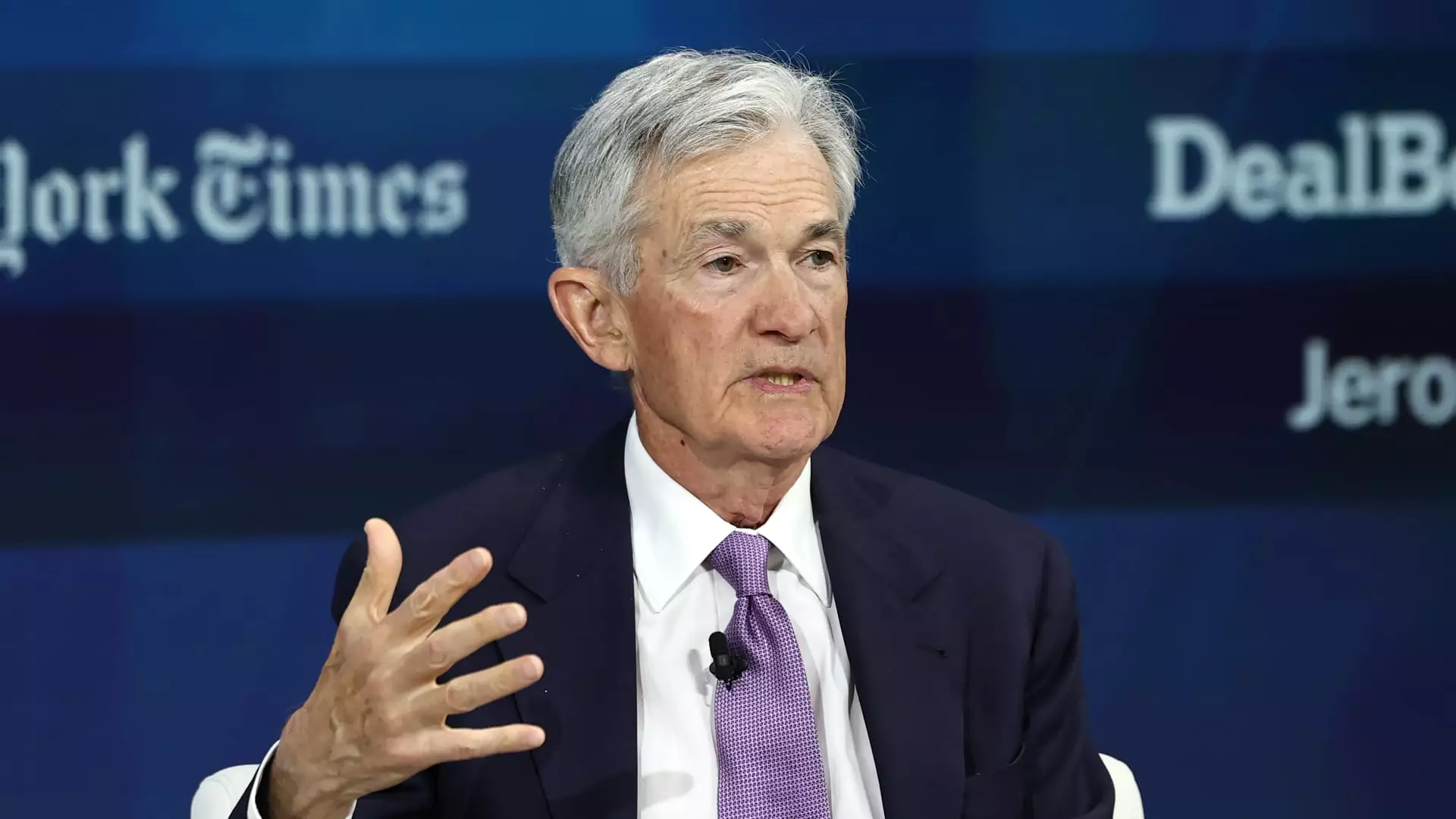The independence of the Federal Reserve is a cornerstone of its ability to effectively manage monetary policy without undue influence from political parties. This discussion has gained urgency as incoming political administrations shift the focus of economic policy. Federal Reserve Chair Jerome Powell, in recent interviews, has addressed concerns surrounding the potential for President-elect Donald Trump’s influence over the central bank’s operations. Powell’s assurances regarding the Fed’s independence provide a reassuring yet complex portrait of the mechanisms intended to keep politics and monetary policy separate.
In the lead-up to Trump’s inauguration, speculations arose about potential attempts to politicize the Federal Reserve. Historical examples illustrate that many U.S. presidents have sought to sway the central bank’s decisions, particularly in times of economic turbulence. Trump’s rhetoric was especially notable; he frequently criticized the Fed and indicated a desire for increased presidential oversight of interest rate decisions. This represents a marked departure from the traditional level of independence enjoyed by the central bank, raising alarms about the broader implications for its operations.
Powell, however, has remained steadfast in his belief that the structure established by Congress safeguards the Fed against these influences. The legislative framework that created the Federal Reserve encompasses checks and balances designed to insulate it from political pressures. As Powell articulated during his recent dialogue with CNBC’s Andrew Ross Sorkin, independence implies the ability to make decisions without the risk of them being overridden by political actors. Such assurances are vital not only for the credibility of the Federal Reserve but also for maintaining public confidence in the economic stewardship of the nation.
In light of the Fed’s upcoming decisions on interest rates, Powell acknowledges the delicate balance the bank must strike—balancing caution with the necessity of adapting to ongoing economic conditions. The U.S. economy, as Powell noted, stands as a beacon of stability compared to its global counterparts, allowing the Federal Reserve space to be deliberate in its policy maneuvers. The outlook for interest rates suggests a high probability of a reduction in the borrowing rate, a move that reflects the central bank’s ongoing commitment to supporting economic growth.
As the Federal Open Market Committee considers its next steps, the expectation is that it will continue to monitor the economy closely, with an eye toward not only immediate market reactions but also long-term indicators of economic health. Powell’s communicated patience emphasizes that decisions are not taken in isolation, but rather as part of a holistic view of the larger economic ecosystem.
One of Powell’s most compelling arguments for maintaining the integrity of the Federal Reserve relates to the bipartisan support he perceives within Congress. Stressing the importance of unity among lawmakers irrespective of party lines, he argues that a commitment to the Fed’s independence is a fundamental principle that transcends political affections. This sentiment reinforces the idea that while individual presidents might attempt to exert influence, the institution itself benefits from a broader consensus on the necessity of impartiality in monetary policy.
When institutional frameworks are supported by a cohesive political understanding, there is a reduced likelihood of overt interventions. This reflection of bipartisan respect could serve as a buffer against future presidential whims that threaten to compromise the established norms of Federal Reserve governance.
As the political landscape evolves, the Federal Reserve’s independence will remain a topic of intense scrutiny and debate. Powell’s interviews highlight both the historical challenges and current safeguards that exist within the system, underscoring the fundamental principle that the Fed should operate free from political entanglements. The delicate balance between economic stewardship and political pressures is one that requires vigilance from both the central bank and legislative bodies. Continued bipartisan support for the Fed’s autonomy will be crucial in insulating it from political storms, thereby preserving its essential role in safeguarding the economic well-being of all Americans. The future rests on both the resolve of policymakers and the resilience of public trust in an institution designed to operate in the best interests of the economy, irrespective of the political climate.

